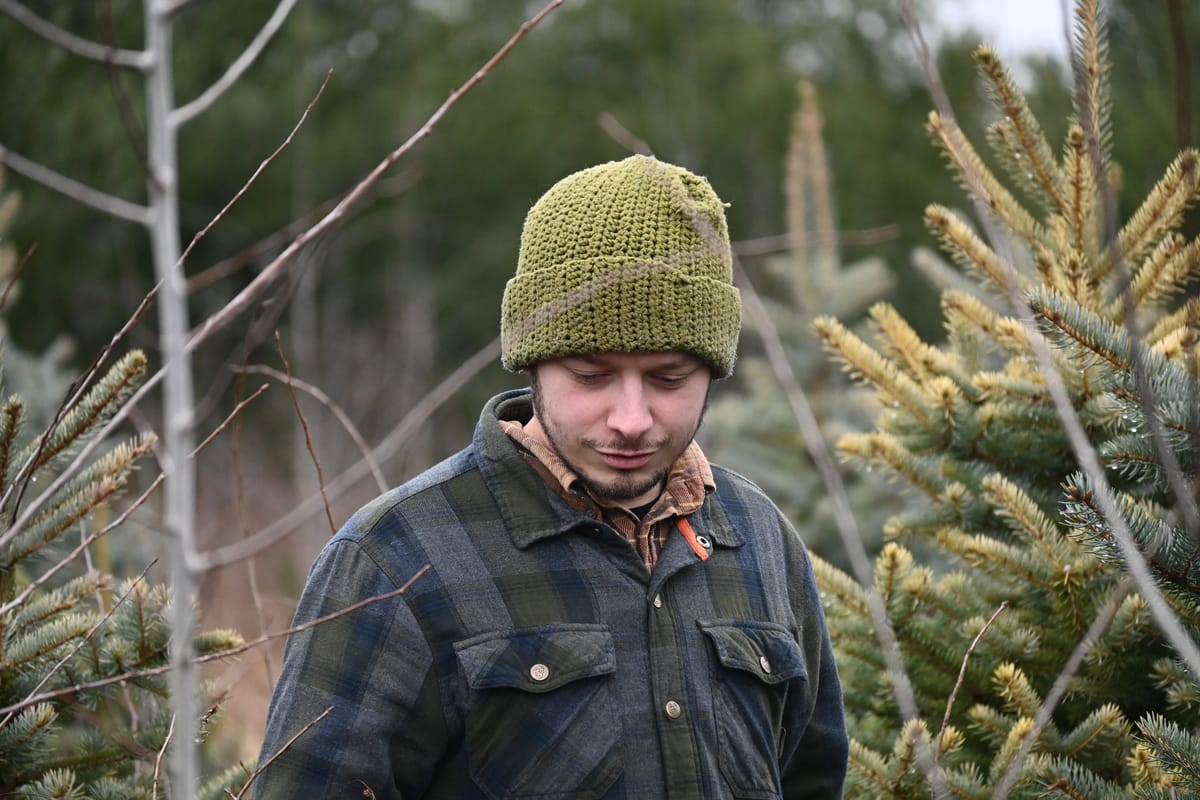
Land access is a huge problem for so many people in the agrarian space (gardeners, farmers, foragers, permaculturists etc).
While some people are blessed with enough to afford to buy land the traditional way or get access via family members, most are not.
Today we’ll look at a few alternative ways to get land access:
Private ownership
Private ownership is just outright owning the land yourself.
This is by far the most common way to access land, but there are a few alternative paths to private ownership.
Firstly, look for land auctions. This is a great way to get land for low prices, but it does come with a few caveats: you might not get a chance to go physically look at any structures on the property before you buy. In Michigan this is the case for most auctions. So cheap land and home, but the home might not be in good shape or might need to be demolished.
Also, being an auction there is a very real possibility of getting outbid pretty easily.
All the same, many a permaculturist, homesteader, and agrarian have had a lot of luck with this path! Most states and often counties will have local auctions a few times throughout the year.
Secondly, you can look for grants that cover land ownership. While limited and usually a long process to apply for, grants are awesome because they directly provide funds to get land.
There are often requirements for grants (for example, you might have to start a farm business or be certified organic) but depending on your goals this can be a pretty convenient path (especially since unlike loans, you aren’t expected to pay it back).
Finally, lease-to-own. We’ll get into leases more later, but occasionally you’ll find land that is labeled as “lease-to-own”. This is where you are renting a parcel of land, but after a pre-determined set of years you will actually gain ownership of the property.

Land Leases
Leasing (or renting) land might be a more attainable path for a lot of people.
You want to make sure the terms of the lease (what you can use the land for, the term of the rental agreement, how often you can renew it etc). Leases that allow you to live on the property and farm it are pretty rare in my area, so just be clear about what you want and what the contract will allow.
Another tip is to make sure you have everything in writing (the actual lease agreement, history of rental payments etc.)
Land Contracts
A land contract is essentially like a land lease, but you are paying a mortgage directly to the owner of the property rather than a bank or institution.
This can be nice especially since a landowner may be more willing to let you do what you want on the land or be more open to alternative housing than a traditional lender. The owner may also be willing to take a lower price and will probably have lower interest rates than a normal institution.
This will apply to most items in this article but definitely look over every term of the contract and keep a paper trail of everything! You can never be too careful with covering your back in these situations.

Land Trusts
A land trust is a piece of land that was owned by an individual but is placed under the ownership of an organization (often a non-profit organization) for tax benefits, protection after the owner passes away, or to preserve the land for a specific future use.
This may sound confusing, but essentially a landowner can protect their land from being sold off when they pass away and get certain benefits for putting it in a trust rather than owning it under their name.
I would look for trusts that are actively seeking to preserve the land or have a good farmer work the land.
This is a situation where you will not ever outright own the land, but you can often find terms that allow you to stay for your entire lifetime. I’ve seen some people have 99 year protections on trusts that are slated to renew immediately afterwards!
It takes some digging, but these can be found around the country. Don’t be afraid to shop around quite a bit, not all trusts are the same or hold the same values.

Stewardship Arrangements
This is more of an approach than a method, but either way it’s a good path towards land access.
A stewardship arrangement is an agreement (formal or informal) where a landowner agrees to let you use their land.
The downside is that an arrangement like this rarely allows you to actually live on the land. Most of the time this is something where you’d ask a company, church, or neighbor if you can use their land with the understanding that you’ll manage it and take care of it properly.
This is something I’m doing now with my three plots and it works well, I just wish I lived closer to my other two.

